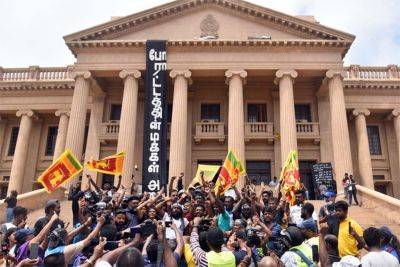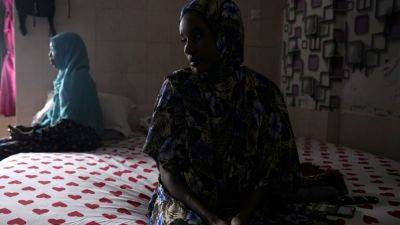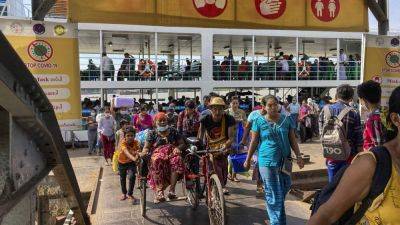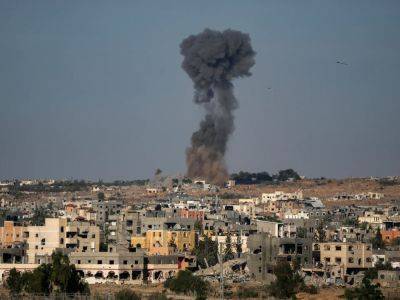15 years on, the Tamil survivors of Sri Lanka’s brutal civil war live in fear — and disempowerment
MULLAITIVU, Sri Lanka (AP) — At the site of a bloody battlefield that marked the end of Sri Lanka’s civil war, Singaram Soosaimuthu fishes every day with his son, casting nets and reeling them in.
It is a skill he has known for much of his life — and one that he had to relearn after a devastating injury. The former Tamil fighter lost both legs in 2009 as the nation’s generation-long civil war drew to a close and the Tamils retreated in defeat.
Making something of himself despite his injuries brought Soosaimuthu success — an achievement in which he finds profound meaning. He sees his fellow ethnic Tamils in the same light: To regain their voice, they must thrive.
But defeat — bloody, protracted and decisive — has brought Sri Lanka’s minority Tamil community to a point of despair.
Some parents have given up hope of ever learning the fate of the thousands of missing children. Parts of the Tamil lands are decimated, with poor infrastructure and fewer economic opportunities. Survivors have lived under surveillance for years, and many now feel that members of the rising generation have grown too fearful and apathetic toward speaking up for their rights.
“There is a clear agenda underway to degenerate a defeated community,” says Selvin Ireneus, a social activist based in Jaffna, the Tamils’ northern cultural heartland.
The government, he says, doesn’t want today’s Tamils to be politically evolved. After fighting ended, he asserts, narcotics and other vices have been systematically introduced into the region. “They only want them to eat, drink and enjoy and not have a political ideology,” Ireneus said. “This has happened with all defeated communities in the world.”
The island nation of 20 million is overwhelmingly ethnically







